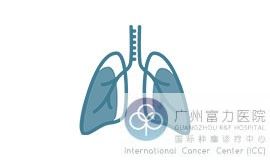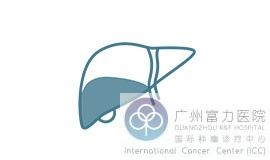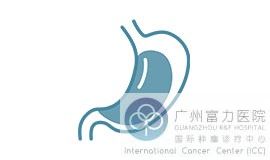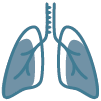Lung Cancer symptoms
Do you have a long-term cough that is difficult to control? Is there blood in your sputum and chest tightness and pain?
If you have symptoms like these and there is no improvement after two weeks of continuous treatment, you should be alert to the occurrence of lung cancer. Lung cancer is a cancer with a very rapidly increasing incidence and mortality rate. Due to the increasingly serious air pollution and the increase in the number of smokers, more and more people in the world are suffering from lung cancer. Paying attention to slight changes in the body, detecting minor symptoms in time, and conducting lung cancer examinations are one of the effective methods for preventing and treating lung cancer.

Guangzhou R&F Hospital International Cancer Hospital reminds you of the following physical symptoms:
Cough: Depending on the size and location of the tumor, it may manifest as a dry cough, paroxysmal cough, cough with wheezing, or cough with metallic sound.
Blood in sputum or coughing up blood: About 15% of patients cough up sputum at the beginning, mostly white sputum. When the tumor ruptures, there will be blood in the sputum, and coughing up blood may be continuous or intermittent. 25~40% of lung cancer patients suffer from hemoptysis. If you frequently cough up phlegm, you may want to have a sputum cytology test.
Chest pain: Early symptoms include chest discomfort. When the tumor invades the chest wall, it can cause persistent, severe chest pain.
Wheezing: If you do not have asthma but experience wheezing when breathing, be alert to lung cancer.
Fever: Inflammation of varying degrees caused by bronchial obstruction and stagnation of secretions. When cough and fever occur, X-ray examination and bronchoscopy can be performed.
Swelling of the head and face: symptoms such as red and purple skin, dizziness, vertigo, and nasal congestion appear, which worsens when lying down. In addition, swelling of the upper limbs and neck also often occurs.
Supraclavicular lymphadenopathy: Swollen lymph nodes can be seen in the supraclavicular fossa, which may form lumps in the late stage.
Dysphagia: Lung cancer metastasizes to the mediastinal lymph nodes, compressing the esophagus and causing difficulty in eating. Of course, when the above symptoms appear in your body, it does not necessarily mean that you have lung cancer, but you still need to go to the hospital for lung cancer diagnosis as soon as possible to rule out the possibility of lung cancer. If diagnosed with lung cancer, early detection will help the lung cancer get early treatment and significantly improve the survival rate.
Use precise technology to create more possibilities for life.
The Cancer Center of Guangzhou R&F Hospital has opened an era of "chemotherapy-free survival" for cancer patients, winning a lasting victory for life. If you or your family are facing difficulties in cancer treatment, please contact the Guangzhou R&F Hospital Cancer Center. We offer multilingual medical history consultations, contact us today to get an assessment of your treatment eligibility.
Contact Us:
email: rfcancercenter@gmail.com |
WhatsApp: +86 18565157271











































